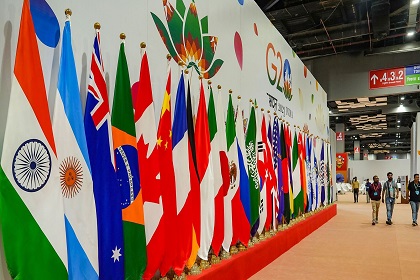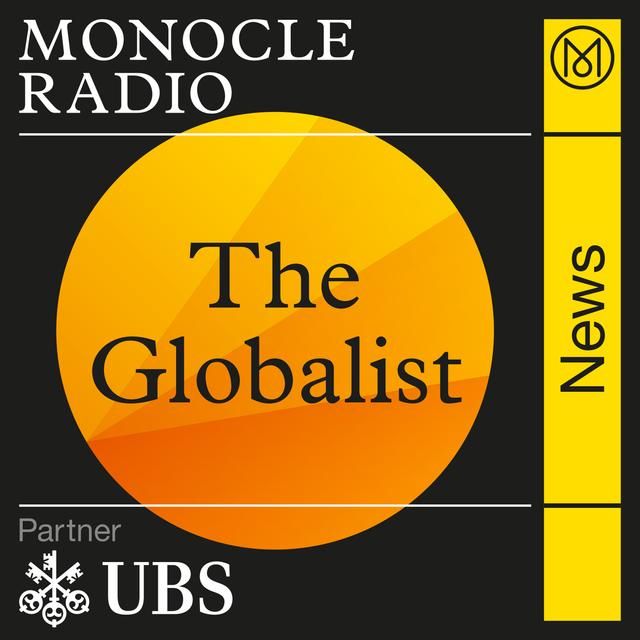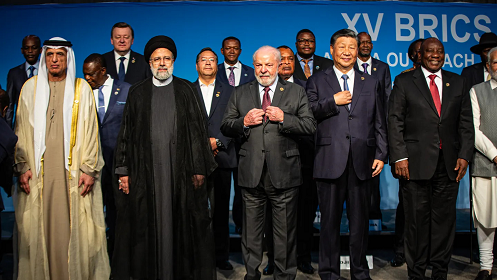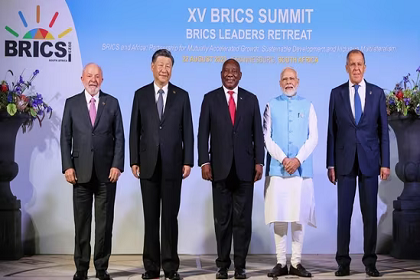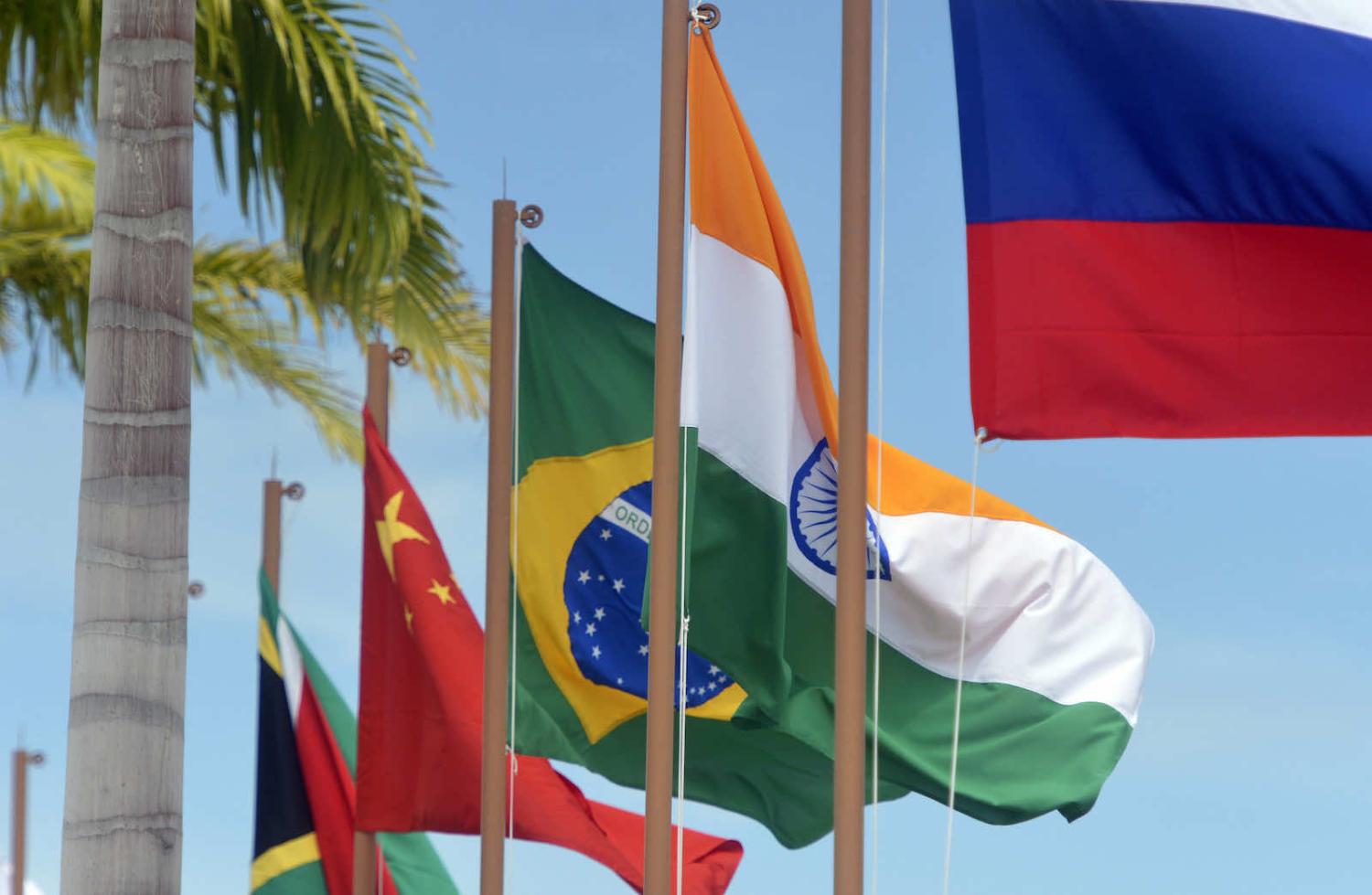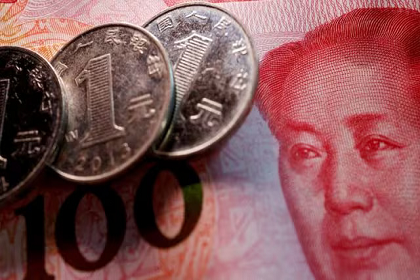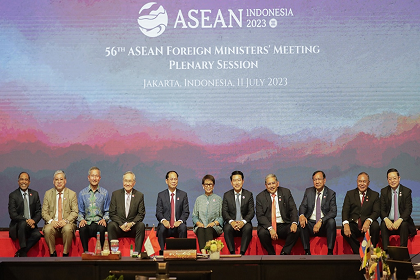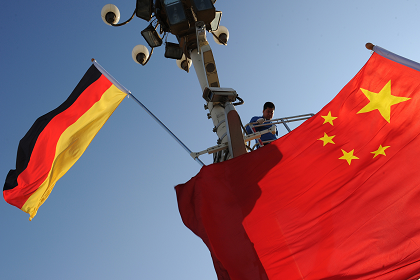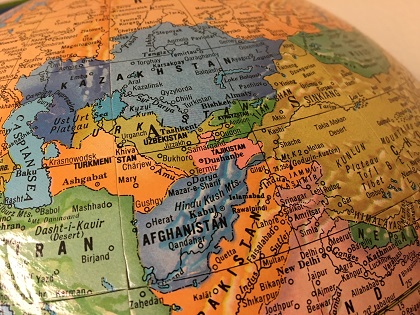The Geopolitics of G20
The G20 summit in India and developments on its sidelines like the announcement of the IMEC, multiple bilateral meetings held by Prime Minister Modi, will all have long term geoeconomic and geopolitical impact. These, along with the summit deliberations and outcome are key to assess the future prospects of great power relations.

